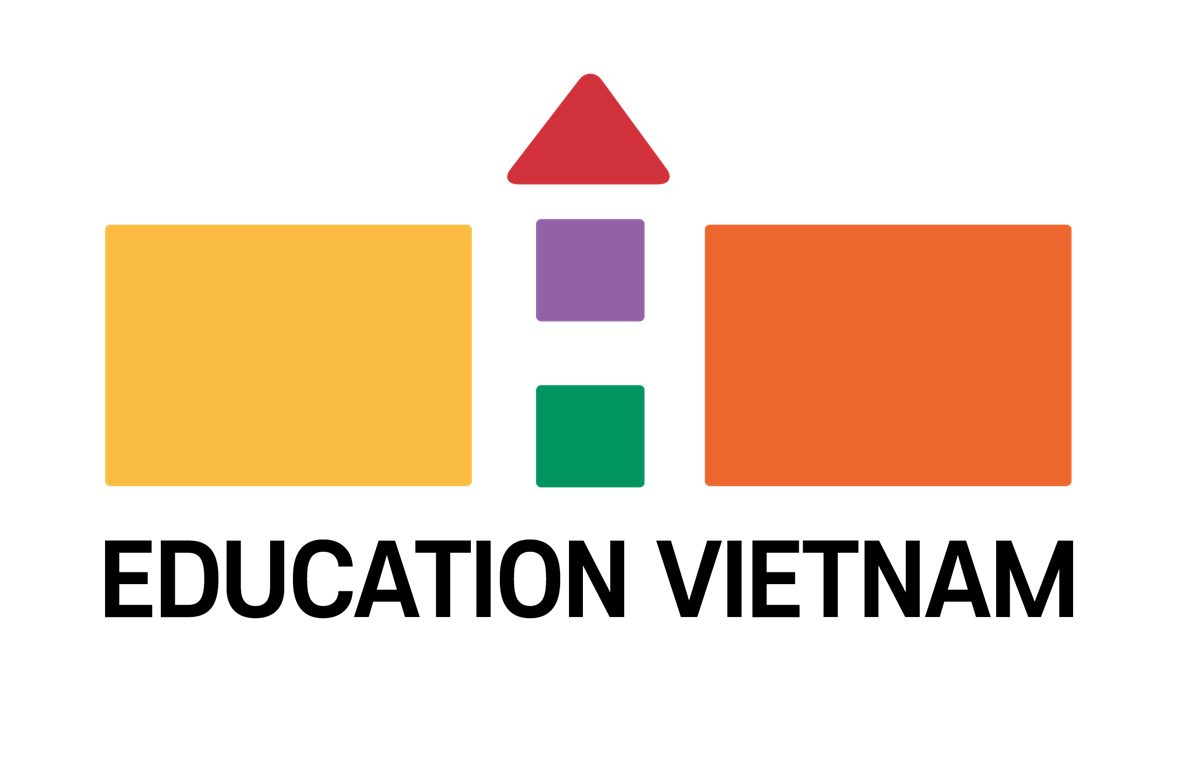
Education Vietnam 2026
May 06 (Wed) ~ 08 (Fri), 2026,
SECC, HCMC, Vietnam
Interactive Early Childhood Education in Vietnam 2025: Opportunities and Challenges
22/8/2025
The year 2025 marks a pivotal moment in Vietnam’s early childhood education sector. As technology permeates every aspect of life, innovating education for preschool and pre-primary children has become a priority for parents, schools, and society. In particular, interactive early childhood education has emerged as a key trend, promising dynamic, personalized, and effective learning experiences.
This article examines the role of EdTech, the transformation of teaching methods, regulatory frameworks, and the socialization of education shaping the market, providing a comprehensive overview for parents, investors, and education administrators.
Overview of Pre-Primary Education in Vietnam 2025
Pre-primary education serves as a critical foundation for children to adapt to formal learning environments. Previously, many parents favored “pre-Grade 1” programs that introduced primary school content early. However, according to Circular 29/2024 by the Ministry of Education and Training, from February 2025, teaching Grade 1 curriculum to children who have not yet entered primary school is strictly prohibited.
Instead, the education sector encourages experiential learning, soft skills development, and critical thinking. This shift reflects a broader trend: moving away from rote memorization toward interaction, exploration, and holistic development. Consequently, the market has seen a surge in technological platforms and child-centered learning methodologies.
EdTech in Pre-Primary Education – The Driving Force
Educational technology (EdTech) is now familiar in primary and higher education. Its application in pre-primary education, however, represents a breakthrough. Platforms like VioKids by VioEdu offer over 400 short learning activities—approximately five minutes each—integrating games, vivid visuals, and artificial intelligence (AI).
AI not only analyzes each child’s learning capacity but also generates personalized reports for parents, highlighting strengths, areas for improvement, and guidance for at-home learning support.
Furthermore, the Vietnamese EdTech market is projected to reach USD 3.7 billion by 2034, with an annual growth rate of over 13%, illustrating the potential of digital learning platforms to shape the future of pre-primary education.
Clear Benefits of Pre-Primary EdTech
- Enhanced interaction: Learning through visuals, sound, and movement.
- Personalization: Systems adjust difficulty according to each child’s level.
- Flexibility: Learning can occur at home via mobile devices.
- Parental engagement: Parents can monitor their child’s learning progress.
Teaching Method Transformation – From “Teacher Lectures, Students Copy” to “Learn Through Play”
A major shift in interactive early childhood education in Vietnam 2025 is the child-centered approach. Instead of teachers lecturing while students passively listen and follow instructions, the focus is on active exploration.
Key features of this method include:
- Encouraging children to ask questions and discover independently.
- Replacing traditional lectures with playful learning activities.
- Focusing on language development, logical thinking, and fine motor skills.
- Providing a safe environment to experiment, make mistakes, and learn from them.
Studies in Vietnam show that children learn more effectively through group activities, hands-on experiences, and having choices in learning content, aligning with modern global educational practices.
Regulatory Framework and Socialization of Education
The rapid rise of interactive education is closely linked to regulatory support. From 2025, regulations and educational socialization focus on three main points:
- Prohibition of pre-Grade 1 teaching to protect children’s psychological development and prevent early academic pressure.
- Promotion of skill-based, experiential programs, encouraging schools and centers to invest in creative, interactive content.
- Strengthening educational socialization, with private companies and technology corporations contributing to platforms, classes, and EdTech ecosystems.
These policies legitimize digital learning products, increase parental confidence, and incentivize educational institutions to innovate in response to real-world demands.
Opportunities and Challenges of the Interactive Education Trend
Opportunities:
- High demand: Parents increasingly value holistic skill development.
- Technological infrastructure: Widespread internet and smartphone access facilitate EdTech adoption.
- Supportive policies: Government encourages educational innovation.
Challenges:
- Regional disparities: Rural and mountainous areas have limited access to EdTech compared to urban centers.
- Costs: High-quality platforms may not be affordable for all families.
- Teacher training: Educators need skills in technology use and new pedagogical approaches.
The Role of Parents in Interactive Education
Parents act as a bridge enabling children to access new learning models. In Vietnam 2025, they are no longer passive delegators but active partners in education.
Parental roles include:
- Selecting suitable EdTech platforms.
- Creating positive learning environments at home.
- Encouraging curiosity and experimentation.
- Balancing online learning with outdoor activities.
The synergy among family, school, and technology is key to holistic child development.
Prospects Towards 2030
In the long term, interactive education will extend beyond pre-primary levels. Experts predict:
- EdTech platforms will expand to offer integrated learning from pre-primary to primary education.
- AI will become increasingly sophisticated, capable of assessing children’s behavior and emotions.
- Legal frameworks will be refined, fostering stronger educational socialization.
These developments present significant opportunities for businesses, investors, and provide diverse options for Vietnamese parents.
Conclusion
Interactive early childhood education in Vietnam 2025 is no longer just a trend—it is a necessity in the era of technological advancement and pedagogical innovation. With the support of pre-primary EdTech, a shift toward child-centered learning, and a robust regulatory and socialized framework, Vietnam is laying a solid foundation for the next generation.
This is a golden opportunity for parents, schools, and businesses to collaborate, turning the principle of “learn through play, play through learning” into reality and ensuring Vietnamese children have the best start as they enter primary school.
Bài viết mới nhất
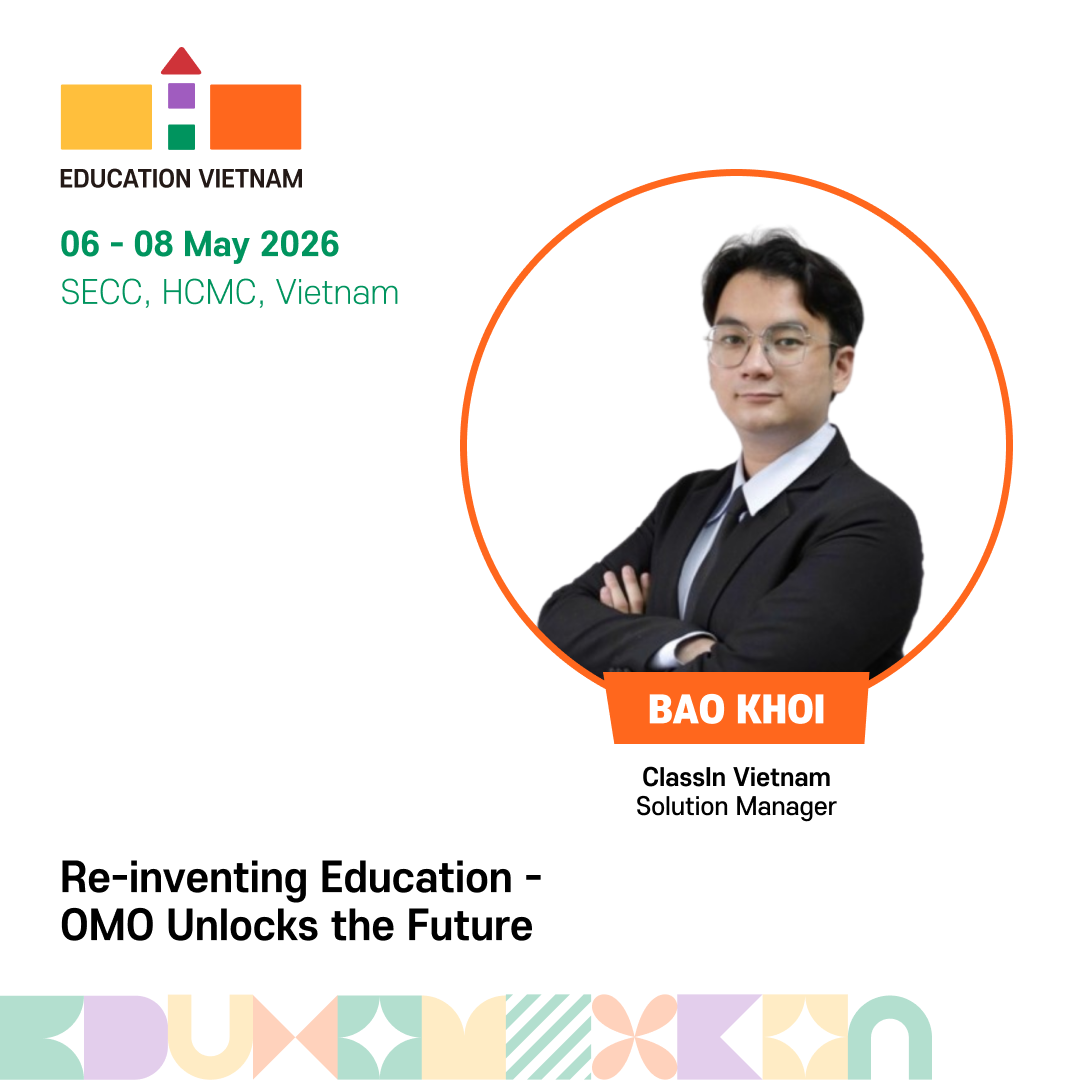
Re-inventing Education: The OMO Model – Unlocking the Future of Flexible Learning
27/1/2026
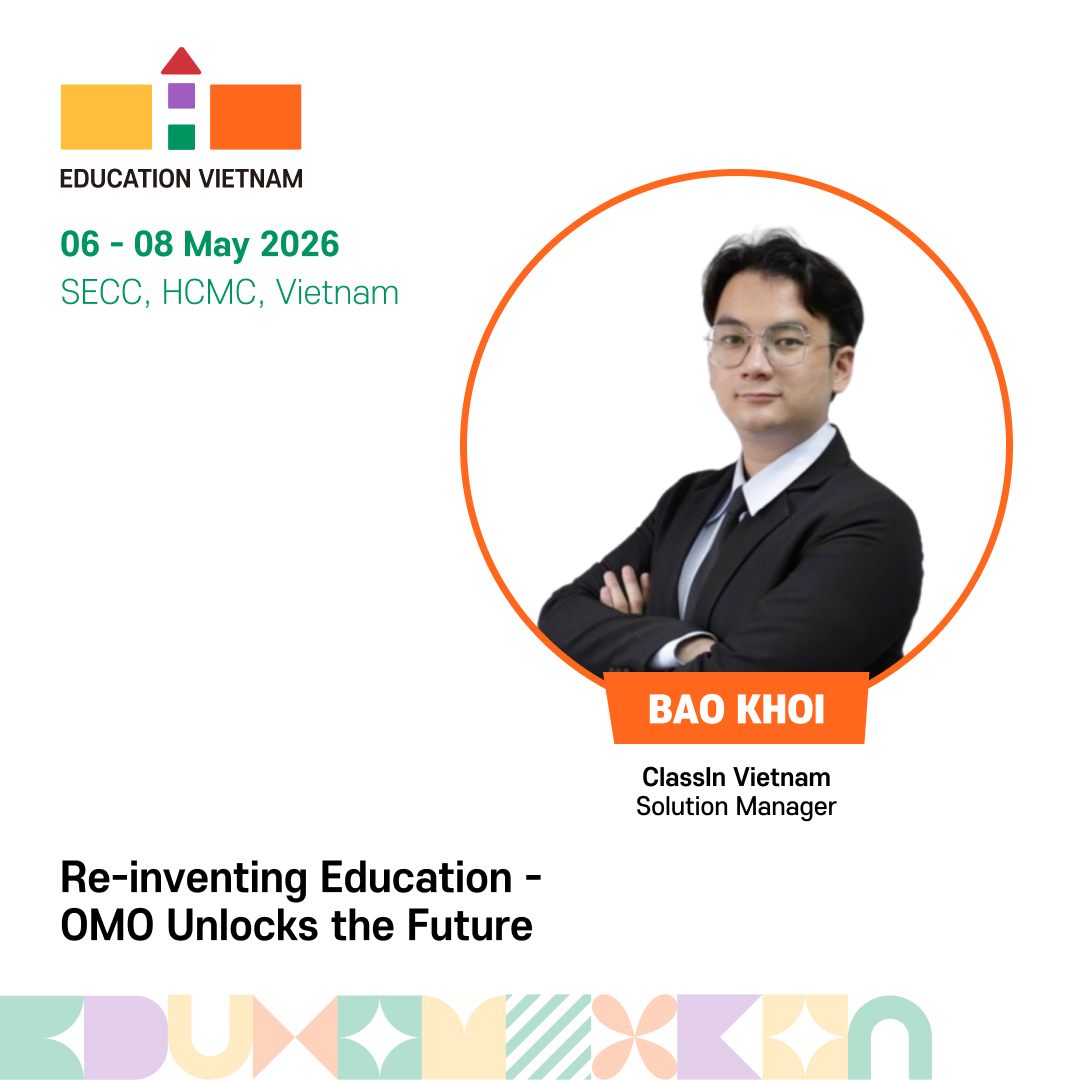
Tái Định Nghĩa Giáo Dục: Mô Hình OMO – "Chìa Khóa" Mở Khóa Tương Lai Học Tập Linh Hoạt
27/1/2026

AI Young Guru: Igniting the Technological Potential of Vietnam’s Youth
23/1/2026

AI Young Guru: Đánh Thức Tiềm Năng Công Nghệ Của Thế Hệ Trẻ Việt Nam
23/1/2026
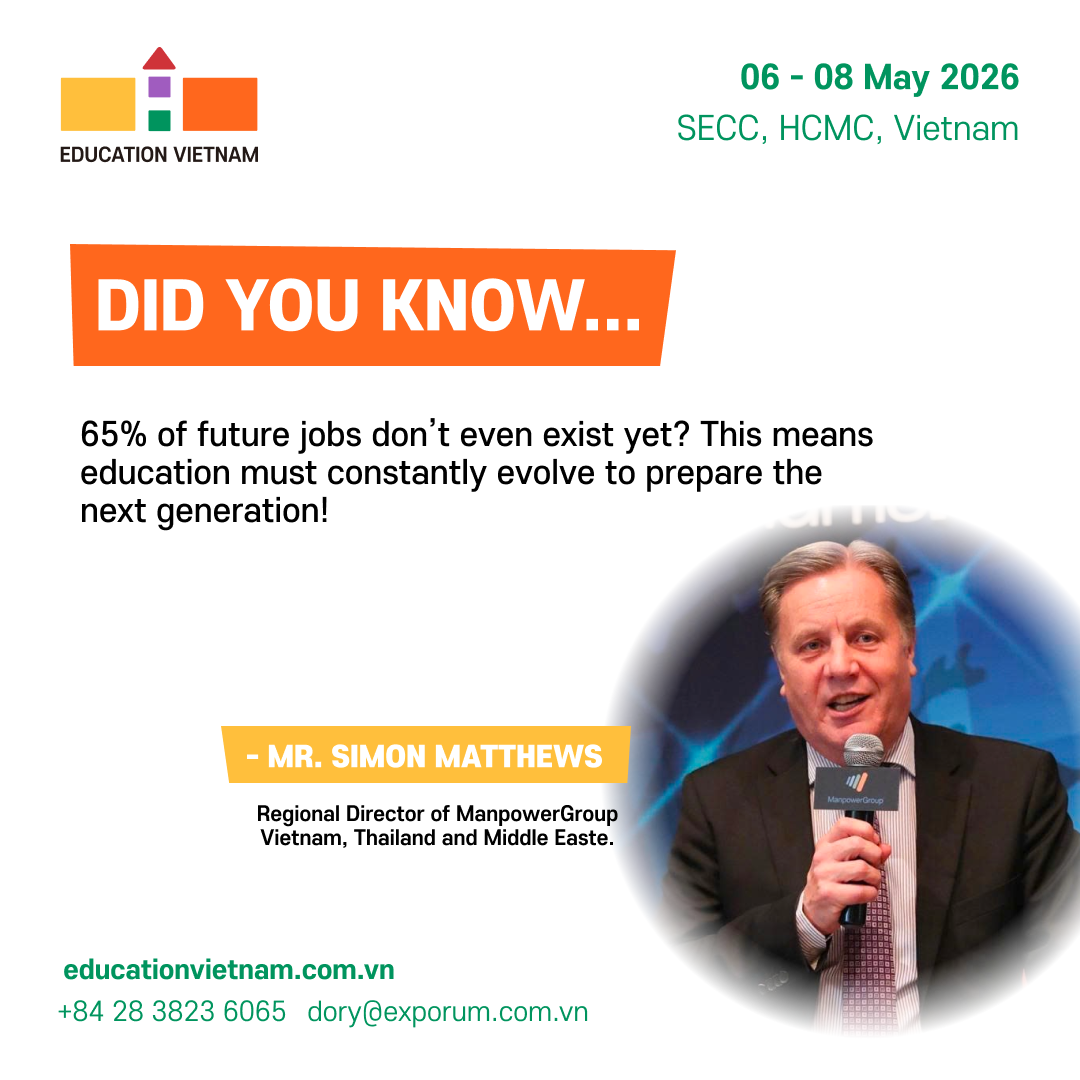
Educating for Jobs That "Don't Exist Yet": Challenges and Opportunities at Education Vietnam 2026
20/1/2026
